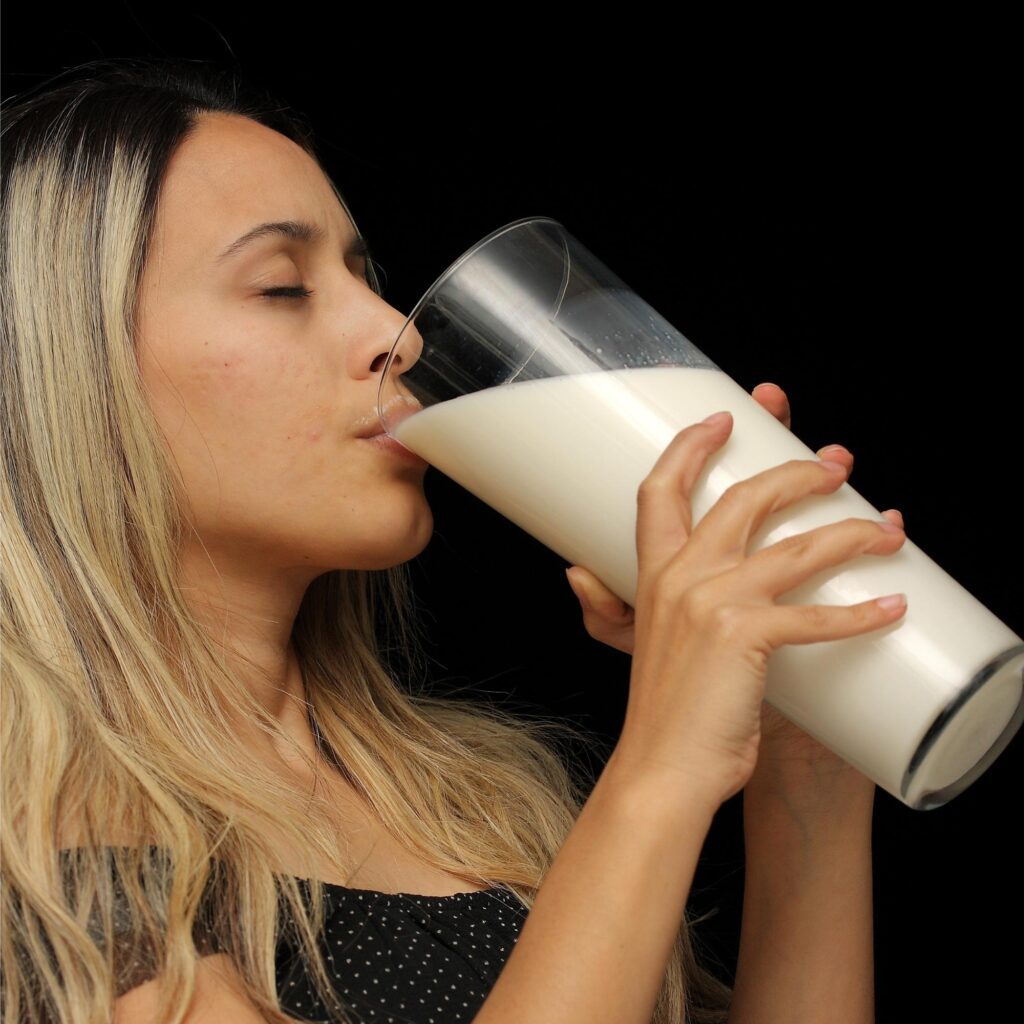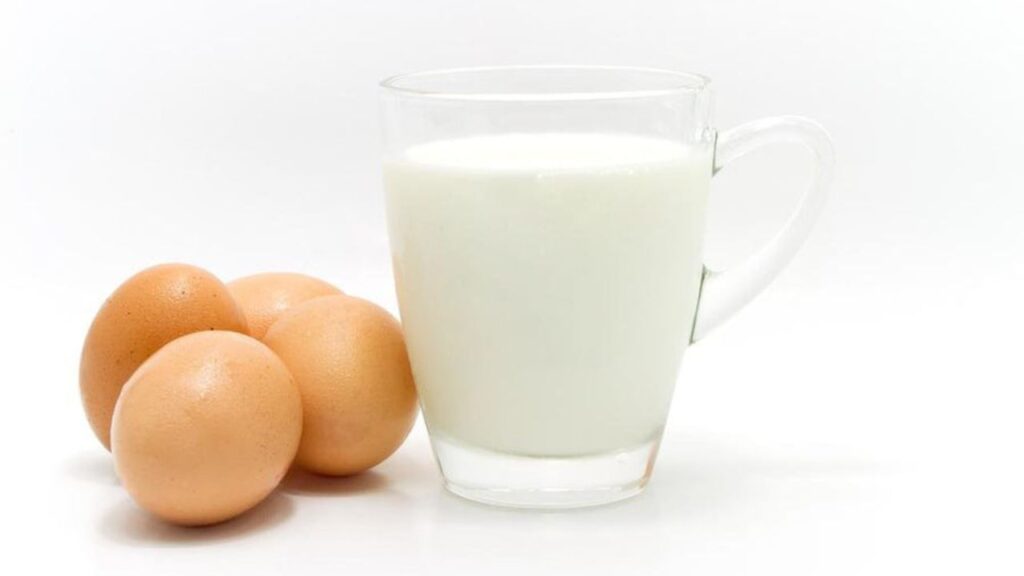Egg vs. Milk – An ongoing debate on whether eggs or milk is more beneficial for health continues. Both eggs and milk are popular food items, loaded with essential nutrients that are advantageous for the body. They are both recognized as superb sources of protein, making them ideal for individuals looking to enhance muscle growth. Along with protein, these foods are also brimming with vital vitamins and minerals crucial for overall health. Today, we will delve into comparing the nutrient content of eggs and milk to determine which one offers a superior nutritional value.
The Egg vs. Milk debate
Nutrient Content of Eggs

As per a recent health report, a single boiled egg typically contains around 6.3 grams of protein, 77 calories, 5.3 grams of total fat, 212 mg of cholesterol, and 0.6 grams of carbohydrates. Eggs are rich in various nutrients, including vitamin A, vitamin B2, vitamin B12, vitamin B5, phosphorus, and selenium. Despite their cholesterol content, eggs have been found to have minimal impact on blood cholesterol levels and are not associated with an increased risk of heart disease for most individuals. Those with high cholesterol concerns should consult a healthcare professional or dietitian before adding eggs to their diet.
Nutrient Content of Milk

Milk is known to contain approximately 8.14 grams of high-quality protein, offering 152 calories per serving. It also comprises 12 grams of carbohydrates, 12 grams of sugar, and 8 grams of fat, along with essential nutrients like calcium, vitamin B12, riboflavin, and phosphorus. Milk is composed of about 88 percent water, aiding in keeping the body hydrated. Additionally, milk contains whey protein, further amplifying its nutritional value. Renowned for its calcium content, milk is considered an excellent source of this mineral, which is easily absorbed by the body.
Comparison of Nutritional Value
When comparing the nutritional value of milk and eggs, both are excellent sources of protein, but they exhibit some differences. Milk contains more calcium than eggs. While eggs are known for their high cholesterol content, milk does not contain cholesterol. In terms of calorie content, both foods are relatively low, making them safe for consumption.
For vegetarians, milk is a great option due to its comprehensive nutrient profile. It is generally recommended to limit egg intake to 4-5 eggs per week, while milk can be consumed daily or even multiple times a day without significant side effects. Overall, both milk and eggs offer valuable nutritional benefits, and including them in a balanced diet can contribute to overall health and well-being.
Egg vs. Milk – the conclusion
In conclusion, both milk and eggs are nutritious food options rich in essential nutrients. Whether you favor eggs or milk, incorporating them in moderation into your diet can help maintain overall health. Remember to seek advice from healthcare professionals or dietitians if you have specific dietary concerns or restrictions. Enjoy the benefits of these nutrient-dense foods and strive for a healthy lifestyle!
Read also: Protein Source – Which One is Better Between Egg and Paneer? (jay-ho.com)
Note: This information-based article is intended for reading purpose only. It should not replace any medical advice or treatment.























